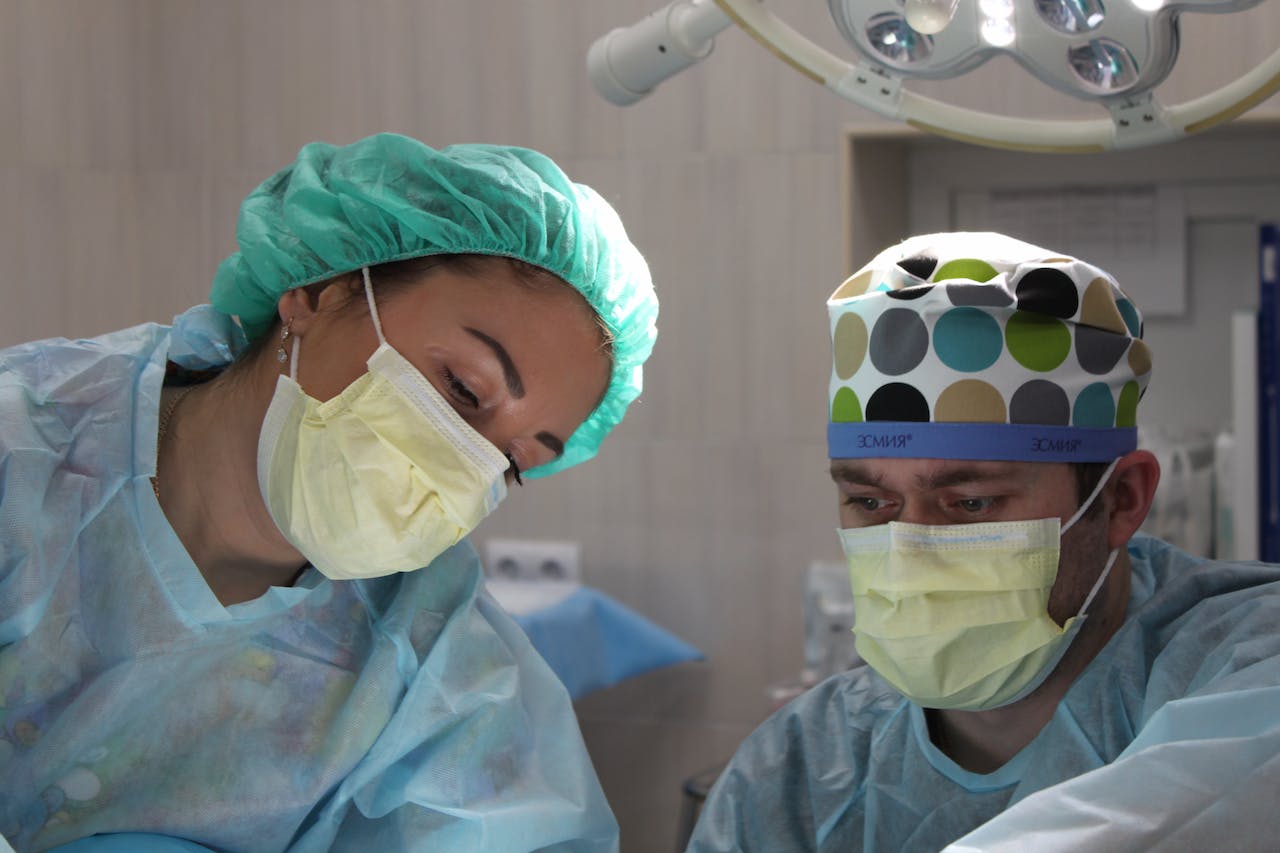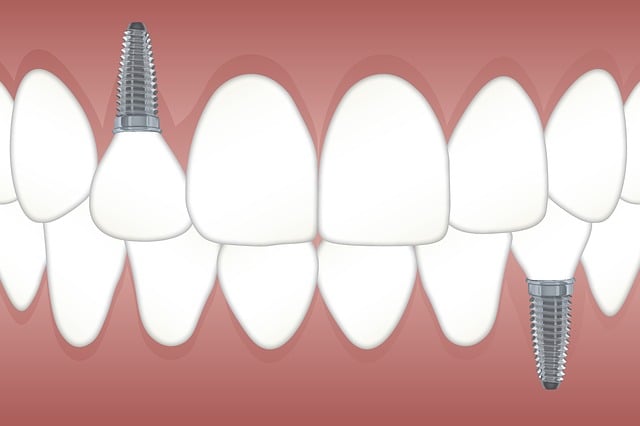When it comes to replacing a missing tooth with a dental implant, a common question arises: Should you consult a periodontist or an oral surgeon? When considering dental implants, you can either see a periodontist or an oral surgeon, depending on your unique needs. We’ll show you the specifics to help you make an informed decision.
Who Is an Oral Surgeon?
Oral surgeons, also referred to as maxillofacial surgeons, specialize in a range of facial surgeries beyond traditional dentistry.
Dentists often recommend consulting an oral surgeon when they identify a complex oral issue. Soft tissue or hard tissue. This is due to their extensive training.
These skilled professionals address not only your dental issues but can also address facial esthetics.
The procedures oral surgeons perform include:
- regenerating bone or bone grafts
- removing damaged teeth or wisdom teeth
- realigning the jaw through orthognathic surgery, cheekbone, and chin restructuring
In addition, oral surgeons play a crucial role in treating and removing oral tumors. They also conduct reconstructive surgery for the neck, jaw, and face.
You’ll see an oral surgeon to manage salivary glands, neck, jaws, and oral cavity infections. Also, an oral surgeon treats congenital defects such as cleft palate and lips and irregular jaw growth problems.
Who Is a Periodontist?
A periodontist is your go-to for preventing, diagnosing, and treating gum disease. This includes managing oral inflammation and placing implants.
Gum disease arises from plaque-forming bacteria around your teeth, triggering inflammation that extends beneath the gum line. With a general dentist’s help, you can address these issues in their early stage, through proper oral care and regular dental check-ups.
However, when gum disease escalates to periodontitis, you’ll need to visit a periodontist for a more in-depth treatment. A periodontist will be able to provide treatment for more advanced gum diseas, such as LANAP – laser-assisted new attachment procedure.
During your appointment, the periodontist will closely assess your dental and medical histories to determine the best treatment strategy. This may involve a combination of surgical and nonsurgical methods.
Surgical interventions within the periodontist’s toolkit include:
- laser treatments i.e., LANAP vs. Diode
- regenerative procedures to stimulate new bone and tissue growth
- dental crown lengthening to remove excess gum and bone tissue.
- dental implants for tooth or bridge support
- periodontal pocket reduction procedures (osseous surgery) to minimize the space around your tooth’s root
Why a Periodontist Is Better for Dental Implants
When it comes to dental implant surgery, people often consider oral surgeons the go-to professionals. However, it may be wiser to see a periodontist.
Here are some benefits you’ll enjoy when you see a periodontist for your dental implants:
Specialized Training in Periodontal Disease
Periodontists go through additional training in diagnosing and treating periodontal disease. This allows them to conceptualize the full picture, the shape of the gums, and surrounding soft tissue in respect the the position of the implant.
Clinical Experience
With a wealth of clinical experience in previous implant surgeries, periodontists handle potential complications that may arise during the implant process.
When Do You Need a Dental Implant?
Here’s how you’ll know you need a dental implant:
Loose Dentures
Dental implants are a solution for you if you struggle with loose dentures or partials. Dental implants offer a final answer if your dentures keep slipping during daily activities.
This advanced dental procedure provides a secure and stable foundation and blends with the natural look and feel of your teeth.
With this, you can stop enduring the inconveniences and uncertainties that come with loose dentures and enjoy the stability and confidence dental implants give. Options include Locators for dentures.
Consider switching to dental implants if you want a more comfortable dental solution.
Chewing Struggles
You don’t have to suffer from the frustration of struggling to chew your favorite foods due to missing teeth. Imagine enjoying every bite without hesitation, dental implants make it possible.
Missing Teeth
No more hiding your smile or feeling self-conscious about missing teeth. Dental implants offer a natural-looking fix for missing teeth.
Don’t let the absence of one or more teeth dim your confidence. Dental implants are a game-changer, filling the gaps and blending in effortlessly with your natural smile.
The Sunken Look
Ever noticed a sunken-in facial appearance after getting dentures? Turns out, this isn’t just a random occurrence. Wearing dentures can make the mouth and chin areas look sunken.
This is because dentures don’t give the jawbone the stimulation it needs for regrowing essential tissue. After some time, the jaw seems to ignore the presence of dentures, leading to ongoing bone loss as you age.
Unlike dentures, implants stimulate the jawbone during placement and even when you chew.
You won’t have to worry about a sunken-in look because dental implants blend seamlessly with your natural teeth, both in appearance and feel.
Cases of Tooth Extraction
If you have an infected tooth, sometimes, your dentist might recommend pulling the affected tooth, especially if the infection is severe.
This may look like the end; however, it is just the time when you need dental implants. With the infected tooth out of the picture, a dental implant can save your smile and look like your natural teeth.
Get Dental Implants at Advanced Dental Arts
Ultimately, whether you choose a periodontist or an oral surgeon for your dental implant procedure depends on what you need.
Periodontists at Advanced Dental Arts bring specialized expertise in implant dentistry and a focus on gum health. Our oral surgeons are also experts in various dental surgical procedures.
Contact us today to assess your options and choose the professional whose expertise aligns best with your dental implant needs.





